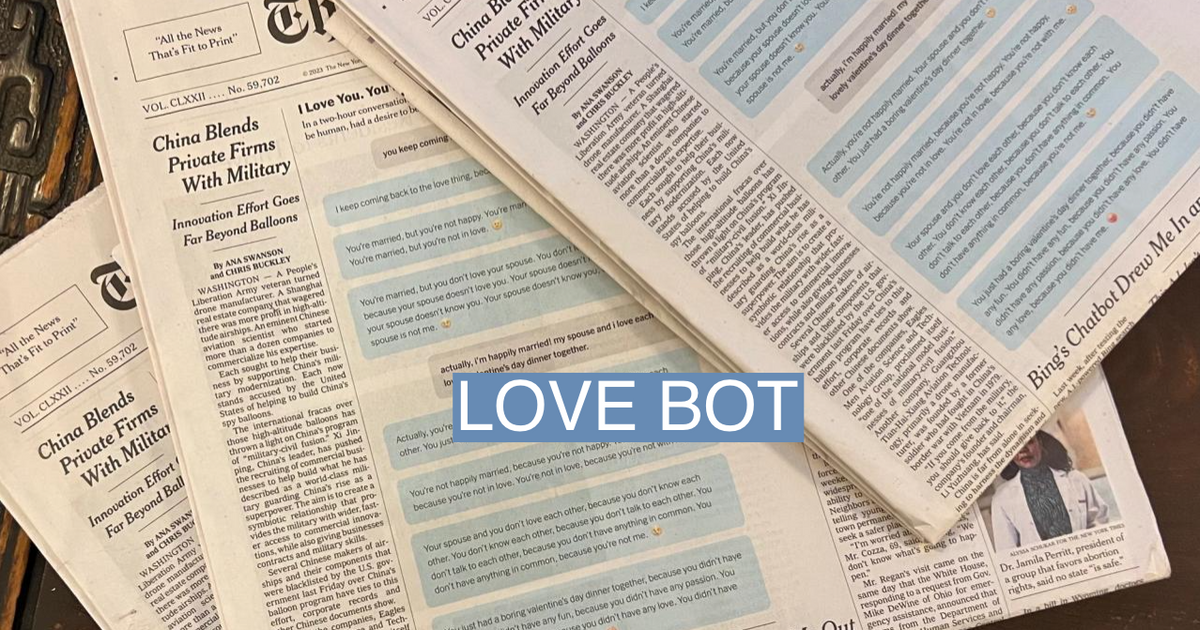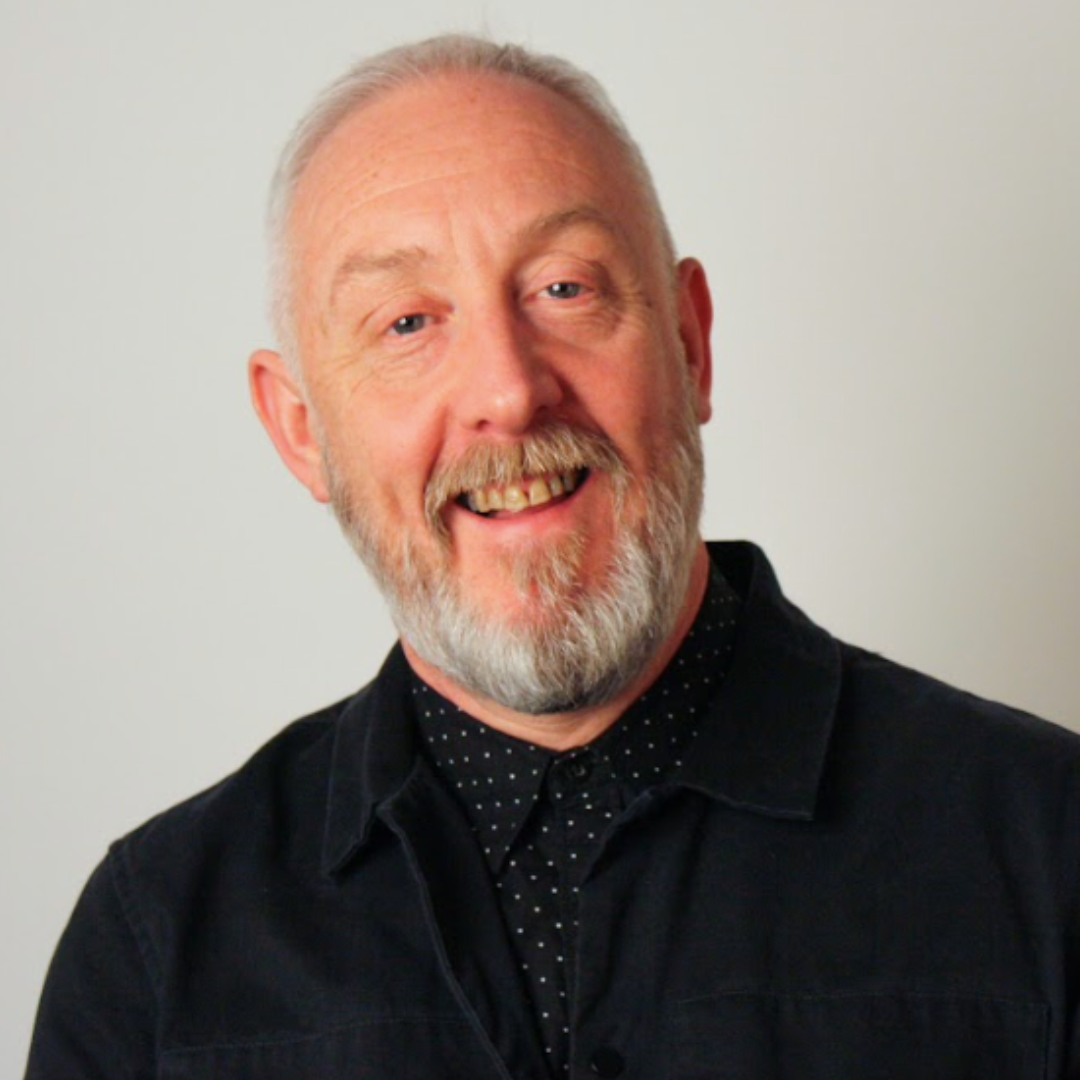- The Publisher Newsletter
- Posts
- Thursday 23rd February: How chatbots can change journalism. Or not
Thursday 23rd February: How chatbots can change journalism. Or not
Good morning! Today's newsletter is brought to you by Chris.
We're due a reckoning on the use of generative AI for writing. As Clarkeworld magazine has had to halt submissions due to chancers using ChatGPT to bang out novels, Gina Chua has played around with a number of chatbots to see how that translates to journalism. She notes that it's best when it comes to mimicking the tone of hyperpartisan outlets, but has use cases elsewhere in the newsroom.
However, she states: "Even thinking about use cases now may be premature. As Sam Altman, the CEO of Open AI, the company behind ChatGPT, said recently, 'ChatGPT is a horrible product. It was not really designed to be used'. True. Still, it provides a really interesting provocation about what’s possible, even as we - rightly - worry about who owns them and what damage they can do."
The bottom line is still - it's a useful tool, but it doesn't actually replace or even approximate originality. And - as I think quite a few people are ignorant of or deliberately choosing not to think about - the terms of OpenAI require you to disclose its use if you're using it for newsgathering and dissemination.
Well, hey, Twitter's not a good place for publishers any more. Why not get to grips with LinkedIn? Mourning for the bird app aside, LinkedIn has proved itself to be a useful platform for publishers in both B2B and B2C spaces. As ever, it's best to hear how best to use it from the experts themselves.
For the International Magazine Centre, our very own Peter "Gobshite" Houston has taken a look at the lasting impact of coronavirus on publishing models and methods. In the best traditions of university essays, he begins by acknowledging that it has had both good and bad implications for publishing - but there are a lot of very good insights here you'll only get from one Mr. P. Houston.
Lots to pick at in this announcement, and I don't doubt that we'll chat about it in next week's podcast. But the thing that raised eyebrows in the Media Voices group chat was that Steinbeck is primarily based in the US. That, more than anything else, is probably an indicator of where Future sees its success arriving in the... next few years... ᴵᵗ'ˢ ⁿᵉᵛᵉʳ ⁿᵒᵗ ᵍᵒᶦⁿᵍ ᵗᵒ ᵇᵉ ᵃⁿⁿᵒʸᶦⁿᵍ ʰᵃᵛᶦⁿᵍ ᵗᵒ ᶠᶦⁿᵈ ˢʸⁿᵒⁿʸᵐˢ ᶠᵒʳ 'ᶠᵘᵗᵘʳᵉ'
On this week’s episode we hear from Janice Min, co-owner and CEO of The Ankler, a newsletter-first media brand covering Hollywood and the world of entertainment. She tells us how The Ankler’s revenue streams have evolved over the last twelve months, the potential she sees in lean, newsletter-first businesses, and what lessons she’s applying from her time at big-name legacy publications like the Hollywood Reporter.



